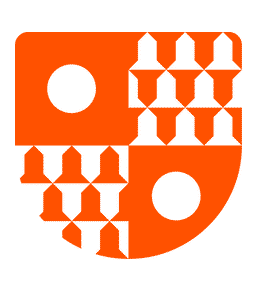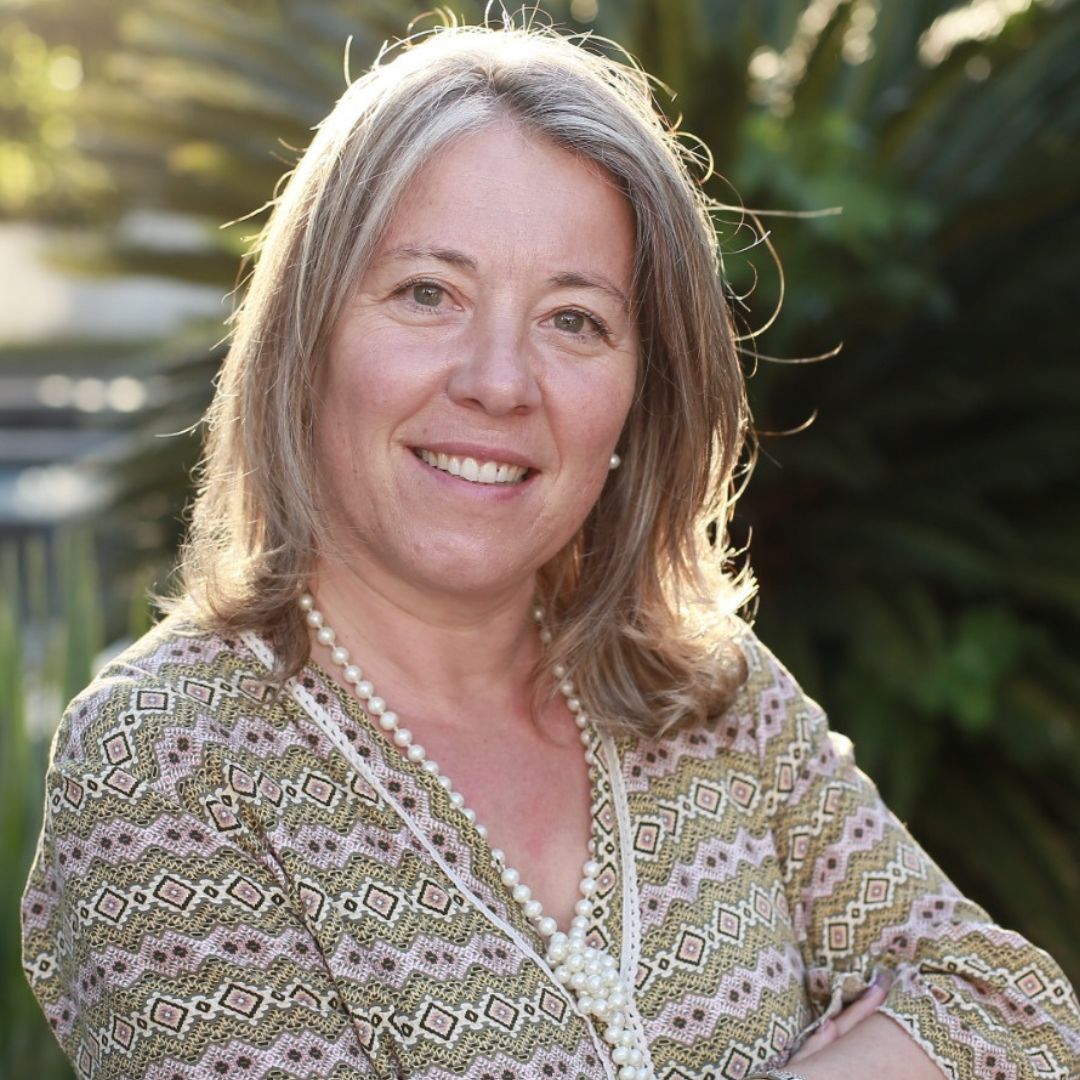The social economy sector still lacks the management tools appropriate to each social response.
The Social Organisation Management Programme responds to this need by enhancing the decision-making and leadership skills of managers in the sector.
Message from the Program Director
We’ve never heard so much about the social economy. It’s on the national and global agenda. In more subtle terms, it’s fashionable. Companies are talking about it because it’s a potential target for their external social responsibility – part of the S of ESG, and it’s becoming compulsory to show results in this area.
Financiers value socially responsible investments, and the social economy appears as a protagonist in these scenarios. Governments are talking about it because its organisations meet so many of the needs of their citizens, thereby reducing the burden on them.
What was a paradigm shift a decade ago is now a matter of course for everyone – the organisations that make up the social economy sector need to be proactively managed to achieve their goals and meet today’s challenges. And a wide range of training programmes are emerging in response to the management training needs of the sector.
Why AESE’s Management of Social Organisations (GOS) programme?
What makes it different?
The GOS allows us to address the main issues of organisational management – financial management, processes and operations, communication and, above all, people – by moving away from the exclusivity of the sector and using the case method. It makes it possible to reflect on the essential concepts for those who want to manage well and better, in a participatory process between lecturers, participants and guests, and then to apply the knowledge acquired and mobilised to the specificities of each organisation.
In this way, the GOS does not compete with or exclude other training processes. The GOS can be an entry point into the management of social economy organisations and then focus on practical and detailed exercises in the sector. Or it can be a starting point for reflection on an overview and contextualisation of the sector and the world.
So if you want to move with the times and be at the forefront of excellence in the management of third sector organisations, there’s always a good reason to take the GOS. Join us for one of the 2024 editions!
Cátia Sá Guerreiro
Objetives
The basic objectives of the GOS Programme are:
- Contribute to a fairer and more equitable society
- Promote reflection on the efficient use of the resources available to the institution.
- To provide strategies and tools for human motivation, people and team management and leadership.
Participant Profile
GOS was designed for leaders of Social Economy organizations or employees in leadership positions who want to improve their management capacity, not only in terms of resources but also in terms of the performance of employees and volunteers.
Partnerships
ENTRAJUDA is a private social solidarity institution, which aims to support other institutions in terms of organization and management, and considers as a strategic area of its activity education aimed primarily at managers, supervisors and technicians, i.e. people responsible for managing social solidarity institutions and relationships with people in need.
The Millennium bcp Foundation, established by Banco Comercial Português, is a reflection of the Bank’s culture of social responsibility. The Millennium bcp Foundation considers important to provide conditions so that the institutions that integrate the Third Sector, called to an increasing protagonism, can play it in an effective and efficient way.
Program Structure
To be sustainable you need to be a good manager
Topics to be addressed at the GOS:
Social Economy
- Who are we and what do we do?
- The sector’s legal framework
- Fundraising – financial sustainability
- Volunteer management.
Company policy and organisation
- Mission, values and objectives
- Strategic planning in organisations
- ESG and the social economy.
Accounting as a management tool: Financial statements.
- Financial management
- Budgets and plans
- Management and Control
- Economic and financial management.
Human behaviour in the organisation
- Human motivation
- Challenges of managing people and teams
- Leadership
- Ethics
Marketing
- Services Marketing: old and new problems
- Social Marketing
- Communication and Image
- Thinking about commercial strategies
- Services Marketing: old and new problems
- Social Marketing
- Communication and Image
- Thinking about commercial strategies
Operations, technology and innovation
- Service assembly and management
- Quality
- Digital transformation
- Innovation.
Case method
Leading can only be learned… by leading.
By placing participants face to face with real business conflicts, managers are called upon to assume the role of decision-makers in circumstances similar to their day-to-day lives in organizations. The cases pose challenges that require effective responses in the face of rigorous analysis of limited or even insufficient information, in ambiguous or complex political-economic contexts. Individual diagnosis and decisions are negotiated with experienced, talented, and ambitious colleagues.
This is why learning at AESE is inspired on the Harvard Business School model and developed in the image of the IESE Business School.
Today, the Case Method stands out as a sophisticated means of transforming the potential talent of the participants into powerful decision-making capabilities. AESE remains at the forefront of Case Method education in Portugal.
Phases of the Case Method
- Individual study: Reading and studying each case in order to analyze the facts, alternatives, and decisions that can unfold from it.
- Study Group: The richness of this step lies in the fact that each of the participants will present approaches and solutions based on their background and professional experience. The various approaches are also an excellent opportunity to examine the different criteria.
- Plenary session: With a broader view and as a result of the evaluation carried out in the two previous phases, the professor leads and coordinates the debate, summarizes the main aspects of the case, relates them to the most significant theories, and highlights the relevant values and options, taking into account the various criteria alternatives and possible decision.
Next edition and duration
Date:
GOS Porto | From January to March 2025
GOS Lisbon | From February to March 2025
Format:
1/2 day a week and 1 time a month full day.
Languages
Portuguese and Spanish
Price
600 € + IVA
Program subsidized by the Millennium bcp Foundation.
Includes: documentation and catering
Special payment terms will be reviewed on a case-by-case basis.

Contacts
Contacts


